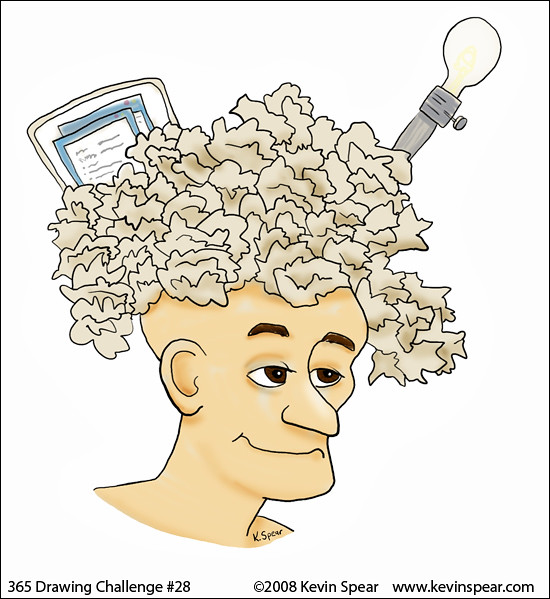Language is constantly evolving. Academics and pedants are constantly annoyed, constantly “tut tutting”. The spelling of hallowed words change, new words are born, the very meaning of words change, so that a child reading something written a hundred years ago has a very good chance of completely misunderstanding what the author hoped to communicate.
So who is responsible for language, it’s form and meaning? Who is the driver of the evolution of language? Unfortunately for the academics and pedants, for the most part, I don’t think they are it. Technicians, poets and plebes, these are the people who drive linguistic change, for better or worse, or just as a matter of fact.
First the technicians.
They are the people who have specific, technical communication requirements. They need to be able to communicate certain information, precisely and unambiguously. Technology is constantly changing, and so must the language required to pass on information about that technology.
But it isn’t just IT specialists and engineers. It is doctors, lawyers, plumbers and electricians, pilots and nurses, explorers and obstetricians. Every profession, in fact every job, has it’s own communication needs, and as these needs change, so must the language used to pass information from one technician to another, and often these changes in language escape the confines of the profession and enter the mainstream.
And then there are the poets.
But of course, it isn’t just poets, it is artists of all kinds, who are constantly playing with language, twisting it into pretzels, desperately searching for new ways to describe old ideas, tunnelling and scraping for new ways to use old words, and new words to shed light on old ways. And occasionally the words of poets escape the confines of art, and enter the mainstream.
Finally, the “plebes”.
But the greatest drivers of linguistic change are the “plebes”, the every day, ordinary, imperfectly educated, tired, just trying to make it to the weekend, or survive the horrors of personal relationships, pay the bills, change the diapers, make sense of the world around them, Nameless Average. The people who misuse commas, have atrocious spelling, worse grammar, and don’t care about the difference between their, there and they’re.
These are the people who, like falling rain, are the greatest sculptors of the landscape of language. And then the poets see their work in all it’s beauty and play with it, and the technicians can’t find the linguistic widget they need to describe the widget they have, and create a new word, phrase or acronym that suits the purpose and that falls from a cloud in to the faceless mass of humanity, and language continues to change, as it always has, as it always will.


